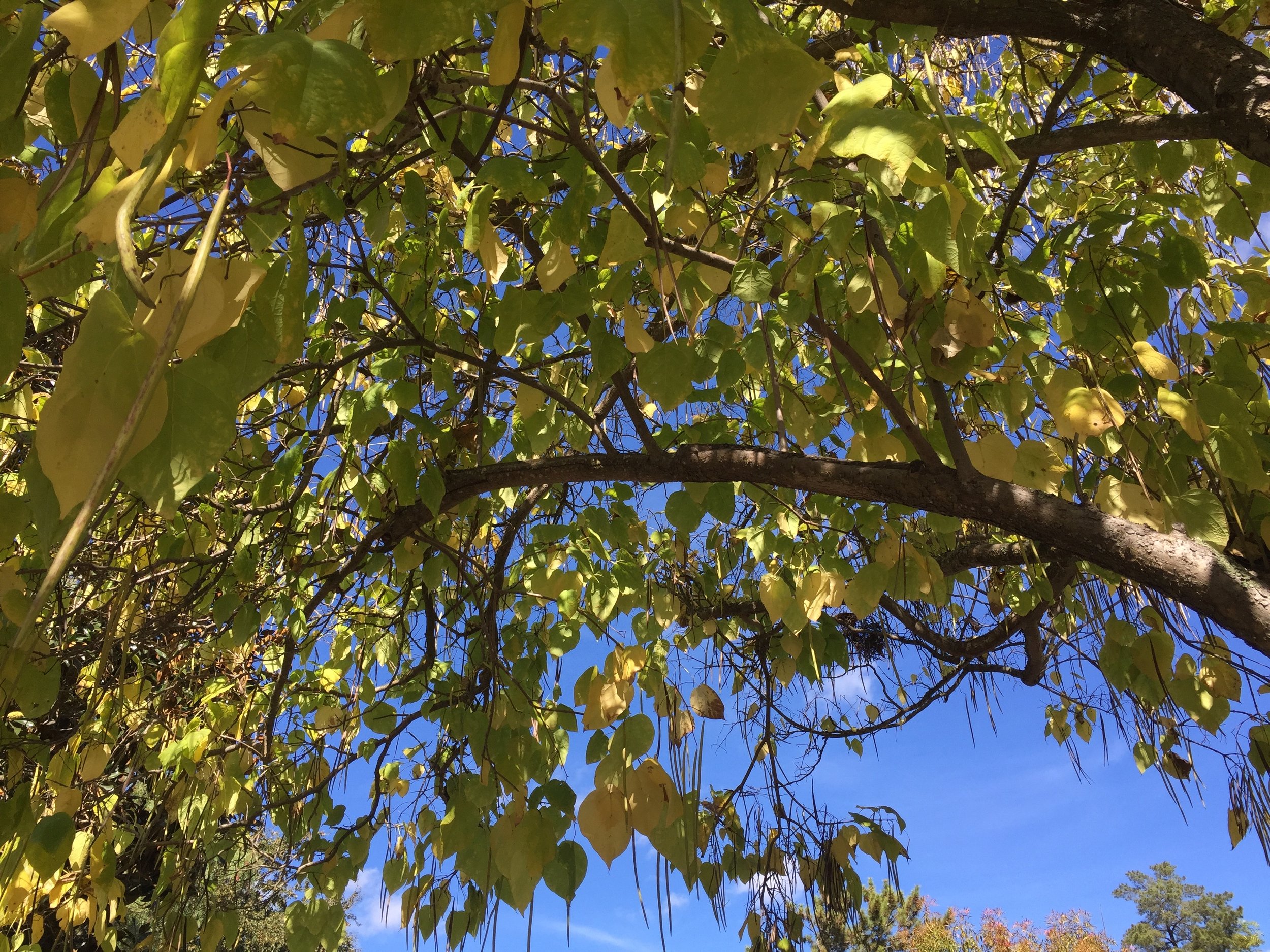A dear friend and I have been having an ongoing text conversation, mostly about the fact that we are both depressed at the future humanity faces right now. We both have moments where we want to pull the covers over our heads, stop reading the news, and forget that the climate crisis is happening. On other days, we both feel empowered and active and ready to face the challenge head-on. It’s kind of a weird thing, feeling both ways at once. We both have children with learning differences, and we’re honestly already exhausted by the daily energy required to be an advocate for someone whom you feel equal parts worry and love. This exhaustion also means we’re highly sensitive people, which can be a double-edged sword; our compassion is enormous, but we also tend to shut down when faced with yet another need, even a simple one. So this desire to either block out problems, or work feverishly to fix them (nothing in between), is something we are constantly encouraging each other to overcome. Instead, we are always reminding ourselves to be fully present. To be aware. To simply feel. Just…. to be.
Which is why, when I saw this post on Patreon, from the Parents for the Planet collective (no author listed), I had to share a bit of it with my friend. It’s titled ‘Don’t Give Up, Your Presence is Required,’ and the author really spelled it out for me - giving me an idea of what my steps forward need to be, especially regarding my children. It’s worth reading the whole thing and I suggest you do that, but here is the part that caused me to stop short:
“Somewhere in your future, there will be survivors. We don't know exactly what journeys or difficult times or problems they will face. They may be related to you only through the stories you tell, not the DNA you share. But they are still your descendants.
They will exist because you survive these times, these journeys, these problems. You are important because you are their living link to this moment. You are the one who remembers things they might never see, who has tasted things they might never taste, who has touched things they might never touch. We don't know which things will still be there. So we have to be incredibly present to all these moments, in case they are the ones we will need to tell stories about.
Eat the peach. Savor the sweet of it, the feel of the juice, the beautiful complex ombre color of the skin. Save that story for them.
Take the walk. Notice the trees, the smell of the leaves, the sound of the birds. Save that story for them.
Get outside in the snow. Hear the crunch of it under your feet. Notice the flakes on your mittens. Feel it on your face. Save that story too.
You are important because you are the witness to this difficult moment, you are balanced on the cusp of this terrible tipping point. And you are also witness to all the beauty and wonder and awe that's still here, in this moment.
Your descendants require your presence.”
I do not look at nature the same way after reading this essay. I find myself thinking about the fact that what I’m looking at might not be here in 20 years, and how important it is to be totally present and experience it and remember it. Not just for me, but for the people who will come after me.
I think this idea has helped me. I feel like I’ve been given a job - but not to fix anything or figure it out all by myself, and nothing so big that it makes me want to put my head under the covers and block it out. My job, right now, is simply to be present in this moment. To enjoy, and notice, everything around me. To firmly tuck it away in my memory. This job I can do. One might even call it a mission.
So today, Tom and I watched three Nuttall’s Woodpeckers in the Japanese pine tree and marveled at the sounds they were making, and the way they were flirting. Or was it fighting? The other day, in the same tree, a Cooper’s Hawk was hunting the little songbirds and causing a great commotion; it was stunning to watch the melee. Then there is one squirrel who has become so accustomed to us that it just pauses and looks at us, Valley Oak acorn in its mouth, before continuing off right in front of us to go bury it in the hop planters or in my newly-seeded herb bed. I can’t bring myself to shoo him off anymore. Instead I talk to him and say hello and tell him what a fine acorn he found.
I realize there is hard work ahead. And fear. And days when I’ll want to go back to bed and forget everything. But I’m hoping that this new ‘job’ or ‘mission’ (attitude?) will help me even it all out a bit, and stay calm.




